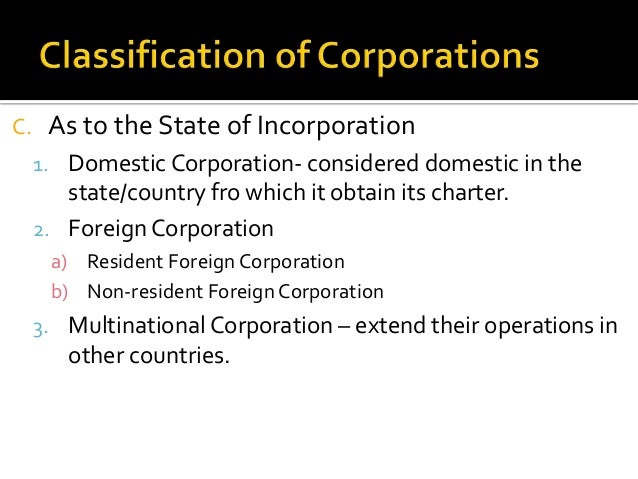

"Subject-To" is a great way to build a portfolio of income-producing real estate. Some mortgage companies, however, could consider this practice fraudulent to a certain degree.

The due-on-sale clause is widely thought of as not being a threat to the investor because mortgage companies are not active in calling notes due for violating this clause in a mortgage. Germain Act, placing property into a trust is permissible and does not violate the due-on-sale clause. This is an attempt to avoid triggering the due-on-sale clause (which is found in most conventional mortgages). Some techniques teach to hide the ownership of the property by placing the property in a trust and selling the beneficial interest of the trust. Or, for the security and "peace of mind" of both buyer and seller, have a qualified intermediary (such as a lawyer or title company) collect and send in the monthly payments. In this circumstance the investor owns the house and equity in the house, however, the original borrower still owns financial commitments to the loan taken "Subject-To." The loan can be included in the bankruptcy and the property could be foreclosed on by the original lien holder.Īgreeing to make payments on someone's loan is a huge responsibility anyone utilizing this method of buying should approach the loan as if he had personally signed the mortgage. One risk includes the possibility that the seller could file for bankruptcy. Although, contrary to what some will tell you, it is not without risk.

"Subject-To" is the easiest, fastest, cheapest, and least complicated way to acquire property. Buyers are able to purchase a house without obtaining traditional financing and avoid paying the associated fees and costs. In addition they will have monthly on-time payments recorded on their credit report while the buyer makes the payments on their mortgage. Sellers can avoid foreclosure and the devastating impact that it has on their personal credit by allowing a buyer to take over their existing payments. This can be a win-win scenario for both the seller and the buyer. You can approach the homeowners and explain to them that you are interested in purchasing the property "Subject-To" the existing financing. Typically homeowners who are behind on payments or are already in foreclosure are the most common types of motivated sellers and are good candidates for "Subject-To" purchases. "Subject-To" is a creative real estate financing technique that all serious investors should know and understand. Properties can be purchased using this method with little cash and no credit. The investor now controls the property and makes the mortgage payments on the seller's existing mortgage. In other words, "Subject-To" the existing financing.

" Subject-To" is a way of purchasing real estate where the real estate investor takes title to the property but the existing loan stays in the name of the seller. can be found on P60, tax return, notice of coding or pension book). Įxisting Account Number Title First name(s)Surname Date of Birth (DD/MM/YYYY)//National Insurance Number-(NI No.
EXISTING FINANCE DEFINITION VERIFICATION
Section 4: Existing Account Information (Needed for changes to existing account information)When requesting a change to your existing direct deposit account information, you must complete Section 4 with the existing account information for verification purposes.Įxisting Account No.*. The Bulk Migration process may be used if such loop/port combinations are (1) associated with two (2) or more Existing Account Telephone Numbers (EATNs) and (2) located in the same Central Office. Examples of Existing Account in a sentence


 0 kommentar(er)
0 kommentar(er)
